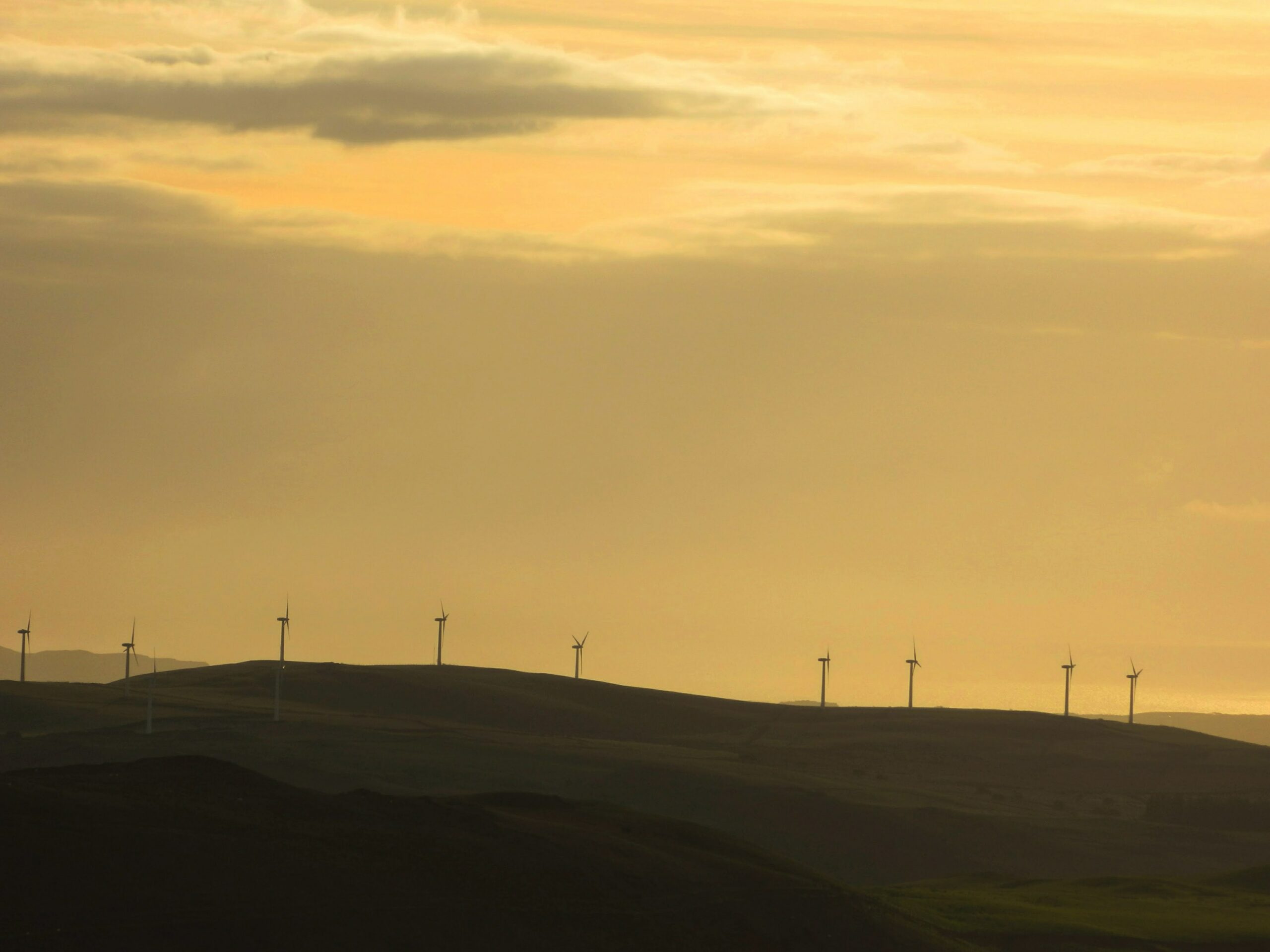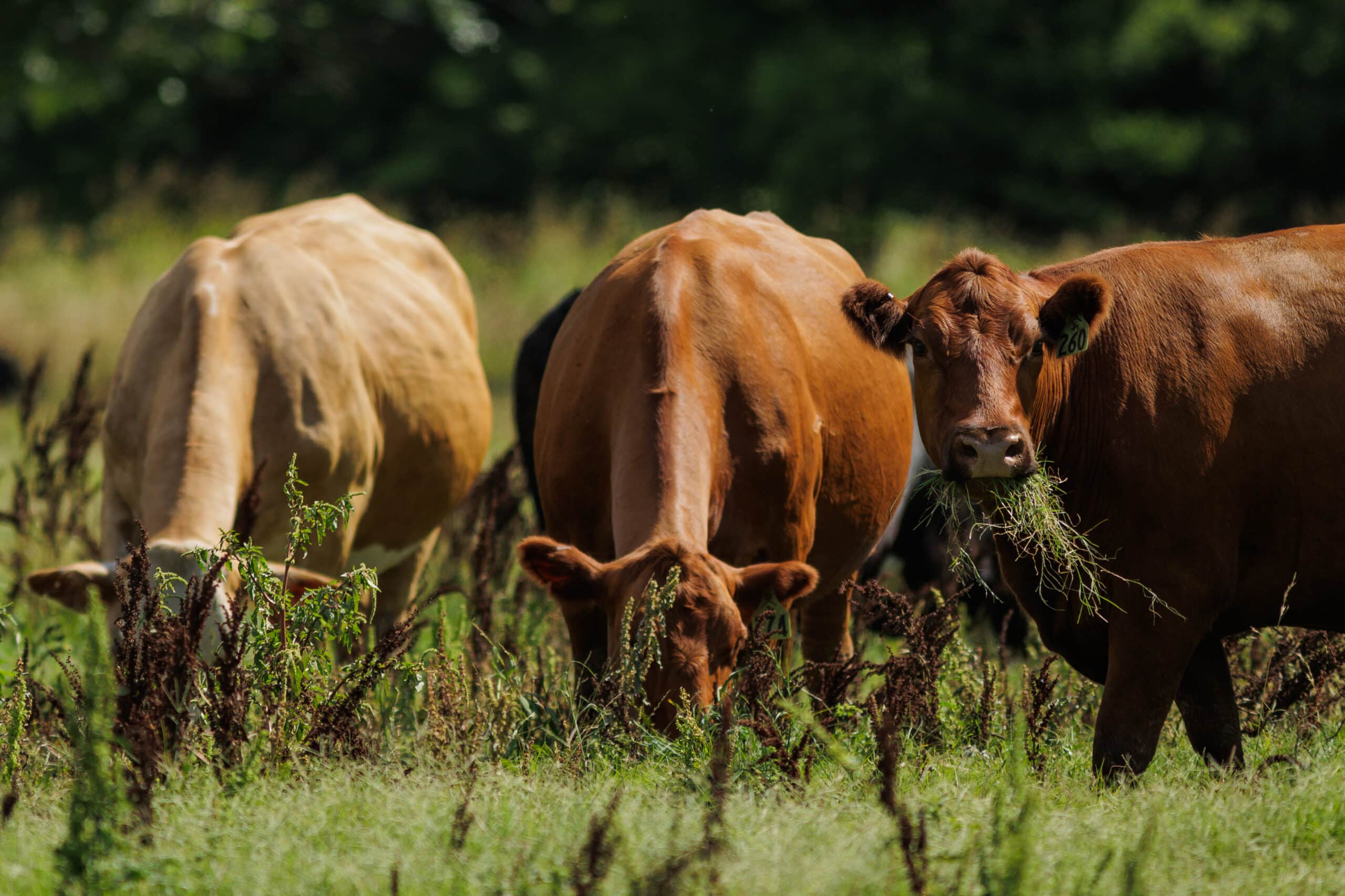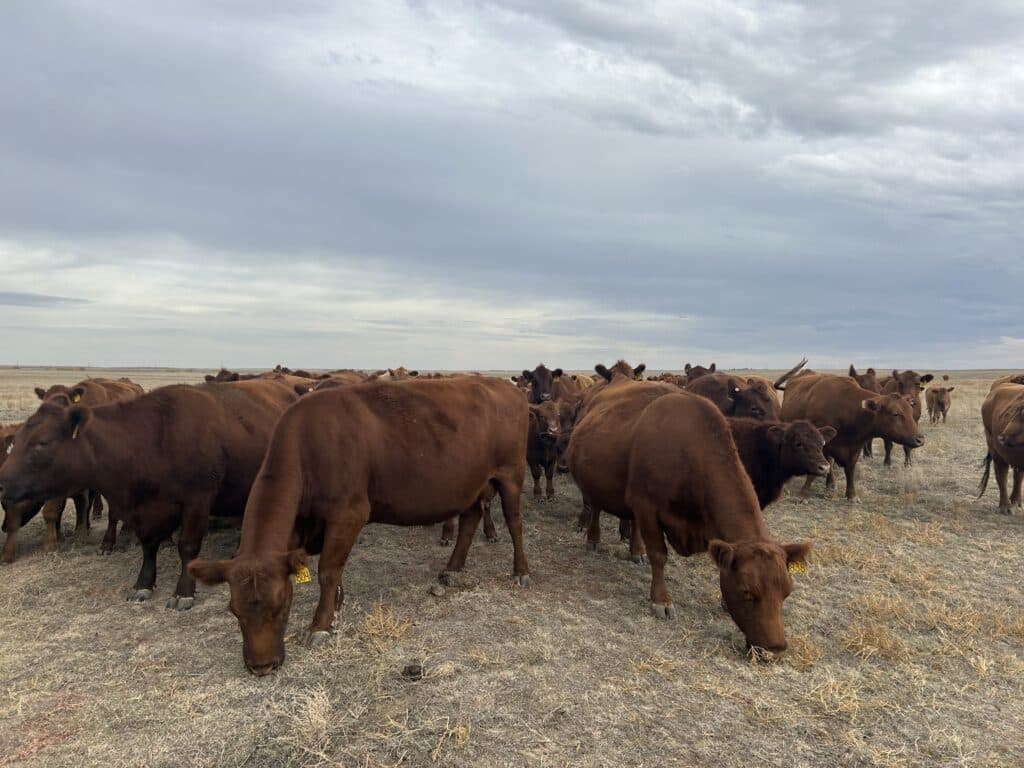What Do we Prioritise – Food Security or Environment?

The UK agricultural sector faces being part of two crises that effect the world presently. The first is food security and the second is the environment and climate change.
Whilst we are aware that we need to farm in a more sustainable way (globally), at a national level, there is need to ensure food security. Will we need to prioritise one over the other? Or can the two be managed at the same time? Is there an option whereby we can increase national food security with an increasing population whilst also working towards Net Zero?
The UK – How Did we Get Here?
The UK agricultural sector has faced years of disruption: from policy change and funding transformation, to Brexit, to the pandemic and latterly war in Ukraine. This puts unprecedented stress on the security of the food chain.
There are some key challenges from an environment perspective in farming production. Dry-periods are leading to challenges around crop production, whether directly for the human food chain or via livestock feed. And of course animals suffering from heat stress leads to lower fertility and milk yields and a greater risk of infections and diseases like mastitis.
Moreover, with increasing production costs, farmers can look to minimise inputs whilst reducing environmental impacts. Precision farming can be cost effective and environmentally friendly. For example, fine-tuning nitrogen fertilisers, timing their use, planting nitrogen-fixing legumes and managing livestock waste better, can enhance production and reduce environmental pollution (UN).
Hits to the UK’s supply chain include Brexit, the coronavirus pandemic and the war in Ukraine. Events like these create uncertainty with food supply chains. To minimise risk, the UK imports food from numerous countries.
Squeeze on Environment and Sustainability?
In September 2022, the NSA CEO, Phil Stocker, warned that the UK’s food security is being ignored. Whilst until recently, domestic food production was stable, along with imports to fill the gap, does this still make sense? Not only are supply chains struggling to forecast what will hit retail shelves and when, prices for foodstuffs are increasing, putting pressure on consumers.
With lasting rising costs, consumers want to find food that will sustain them and their pockets.
If that is the case, will consumers still expect their food to be sourced as sustainably as possible, or does affordable food supply at a reasonable cost trump environmental programmes that may come with an increased cost?
Food Production
The AHDB in March 2022 reports the following: Domestic production is stable with variations in consumer demand and yields being balanced by imports and exports. About 54% of food consumed within the UK is homegrown. The country imports remaining 46%. The UK has longstanding trade links with the EU which supplement domestic food production. Over 80% of food imports come from Europe.
Domestic consumption of grains is almost entirely produced by the UK (90-100%). Meat, milk and egg production match the demand, but beef and dairy are also imported, and lower quality meat exported. The UK only produces 16% of the country’s domestic fruit consumption and fruit imports are from the EU, Africa and the Americas. The UK also imports about 50% of the UK’s vegetable requirements and almost all the fish and seafood. In 2021, the UK imported £10.5 billion worth of fruit and vegetables. It also imported £5.8 billion worth of meat.
Therefore, if there are fewer secured trade deals since Brexit, a higher cost for importing food and a higher cost for fertiliser and pesticides to produce food, should the government be prioritising more domestic food production?
The Environment
The UK is seeking to achieve Net Zero by 2050. For farming, the goal is by 2040 in England and 2045 in Scotland. This means that the UK will not add to the greenhouse gases already in the atmosphere. And, any that are produced, are balanced out by removing an equal amount.
The government had sought to support farmers to achieve this through a move to rewarding more sustainable business practices. These schemes include the Sustainable Farming Incentive, Local Nature Recovery and Landscape Recovery. Farmers receive payment for providing clean water and air, thriving plants and wildlife, protection from environmental hazards, a reduction of, and adaptation to climate change or beauty, heritage and engagement with the environment.
However, if the focus is on land stewardship, rather than on food production (and intensive food production is at odds with the environment), will this support the UK population?
Subsequently, critics are questioning the ELMS programme. The government has called for a review and the NFU for a delay in rolling it out. Whilst the funding may help the UK reach its Net Zero goal, it may not be practical in terms of food production. Farmers argue that using valuable land to plant trees, dig ponds and sow nitrogen-fixing plants reduces the land available for crops and grazing livestock. In the short term, emphasis on environmentally friendly and sustainable farming may be at odds with feeding the nation.
However, if we don’t tackle both these challenges, we will lose out in the future. This is both from a food security point of view and assuring the future of farming.
What is the UK government doing to encourage sustainable farming for the environment?
Until now, farmers received the basic payment scheme (BPS) to support their businesses. The English and Welsh governments are discontinuing this, but it remains a source of funding in Scotland and Northern Ireland. New schemes reward farmers for meeting environmental objectives.
The Sustainable Farming Scheme (SFS) in Wales encourages landowners to plant trees. This is in order to reach their goal of planting 43,000 ha of trees by 2030. In Northern Ireland, the Environmental Farming Scheme encourages planting hedgerows, native trees and traditional orchards. Additionally, managing peatbogs, wetlands and soil help use and lock up carbon.
In England, the government rewards farmers for improving water quality, biodiversity, animal welfare, and reducing climate change. This is part of the Sustainable Farming Incentive (SFI).
The ‘Greening’ payment in Scotland enforces animal and plant health as well as sustainable agricultural practices and producing ecological focus areas (EFA). EFAs are created by planting nitrogen-fixing crops, hedges, green cover, margins and agro-forestry.
What is the UK government doing to ensure constant food supply?
Free trade agreements made with other countries since Brexit aim to reduce export tariffs for UK goods. Whilst some UK companies and businesses will benefit, the trade deals also threaten domestic food production, its standards and sustainability.
If the UK is producing enough meat to satisfy demand, then why is it importing so much from abroad? UK consumers mostly eat specific cuts of meat such as chops and steaks. And the solution to being choosy about cuts means we import a lot of meat that we cannot provide locally. Most of the UK’s imported meat comes from the Republic of Ireland as well as New Zealand, Germany and the Netherlands.
The Welsh red meat sector is one of the most sustainable in the world, but the carbon intensity of beef, dairy and sheep farming in New Zealand is significantly less than that of the UK, as a whole.
Importing meat from New Zealand has been cheaper for the UK government due to lower production costs, lower disease rates and a favourable exchange rate. However, recently, New Zealand proposed an environment levy for farmers that contribute to greenhouse gases (Corlett). This will likely come into force by 2025 and exported meat could come at a higher cost to countries like the UK who would be paying a premium for environmentally-friendly produce. This then forces consumers to choose between sustainability credentials or cost.
Although trading between Australia and New Zealand opens doors for UK producers, imports can undermine the UK’s farming sector. Whilst the UK economy would benefit from this trade, the agri-food sector would be worse off.
Conclusion
Whilst there may be shorter-term pressures to provide plentiful and cost-effective meat, environment concerns are still real. It is important that the UK responds to climate change now to produce sustainable and resilient agriculture for future generations.
If the government follows through with clear environmental and efficiency incentives for the farming community, then we can achieve improvements in both food production and the environment. Free trade deals may help boost the economy in some ways, but they can impact UK farming.
We know there are steep increases in production costs across the world and imports from the EU are becoming more costly. A balance of UK-based climate-friendly and readily available food for the UK consumer is surely the answer? It is a future where consumers can celebrate a locally-sourced, climate-friendly steak that they can afford.
Now, more than ever the UK needs to support its own farmers.
AgriWebb can help you baseline and track farm profitability strategies. Find out more here.


